Pope John XXIII
Nascimento : 1881-11-25, Bergamo, Lombardy, Italy
Morte : 1963-06-03

Himself (archive footage)
The documentary offers testimonies and documents never disclosed about the plot against its protagonist, who had the stigmata of Jesus Christ in his hands, feet and side for 50 consecutive years.
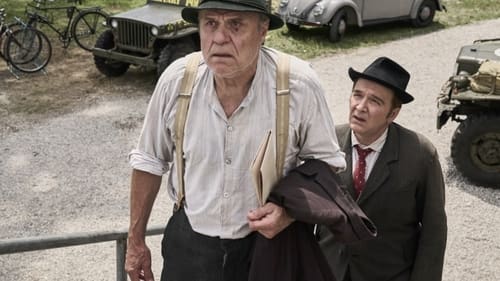
Himself (archive footage)

Self (archive footage)
Segundo o diretor, "uma hipótese de reconstrução" do filme original de Pasolini, incluindo trechos cortados em 1963.

Self (archive footage)
A partir da polêmica decisão da Suprema Corte de Justiça americana concluindo que uma corporação, aos olhos da lei, é uma "pessoa", são analisados os poderes das grandes corporações no mundo atual. A exploração da mão-de-obra barata no Terceiro Mundo e a devastação do meio ambiente são alguns dos fatos explorados, que entrevistam presidentes de corporações como a Nike, Shell e IBM, além de Noam Chomsky, Milton Friedman e Michael Moore.
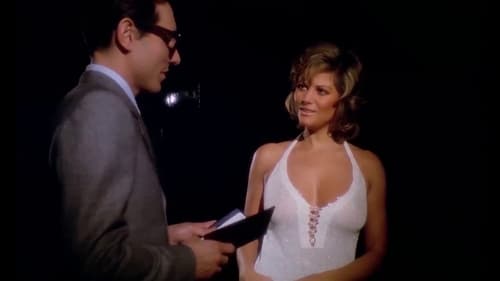
Himself (archive footage)
Caustic satire on bureaucracy of the Vatican authority and a simple Italian who wants to achieve the audience with the Pope.
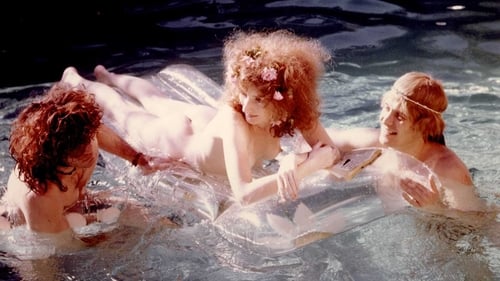
Self (archive footage) (uncredited)
"A pressão aqui em Hollywood é tão grande, vinda de todas aquelas pessoas mortas," opina a superestrela de Warhol Viva neste longa-metragem experimental de Varda, filmado em Los Angeles no ano de 1968.
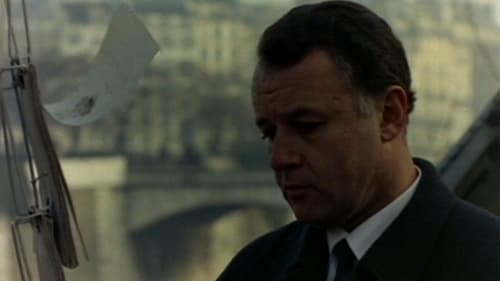
Self (archive footage) (uncredited)
Based on the diary Pope John XXIII kept between the ages of 14 and 18, his lifelong concern for tolerance, the underprivileged, and world peace is told. Rod Steiger, in the central role, acts as "intermediary" between the Pope and the audience, interpreting John's words, thoughts and actions. Steiger visits the actual places in which John lived, recreating the conditions, environment, and forces that affected his development. Through this unusual technique, we are brought close to an extraordinary man - one who's able to win the love of many people of all faiths.

Novel
Based on the diary Pope John XXIII kept between the ages of 14 and 18, his lifelong concern for tolerance, the underprivileged, and world peace is told. Rod Steiger, in the central role, acts as "intermediary" between the Pope and the audience, interpreting John's words, thoughts and actions. Steiger visits the actual places in which John lived, recreating the conditions, environment, and forces that affected his development. Through this unusual technique, we are brought close to an extraordinary man - one who's able to win the love of many people of all faiths.
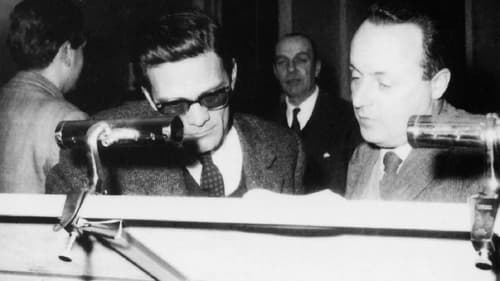
Self (archive footage)
Documentary footage (from the 1950s) and accompanying commentary to attempt to answer the existential question, Why are our lives characterized by discontent, anguish, and fear? The film is in two completely separate parts, and the directors of these respective sections, left-wing Pier Paolo Pasolini and conservative Giovanni Guareschi, offer the viewer contrasting analyses of and prescriptions for modern society. Part I, by Pasolini, is a denunciation of the offenses of Western culture, particularly those against colonized Africa. It is at the same time a chronicle of the liberation and independence of the former African colonies, portraying these peoples as the new protagonists of the world stage, holding up Marxism as their "salvation", and suggesting that their "innocent ferocity" will be the new religion of the era. Guareschi's part, by contrast, constitutes a defense of Western civilization and a word of hope, couched in traditional Christian terms, for man's future.
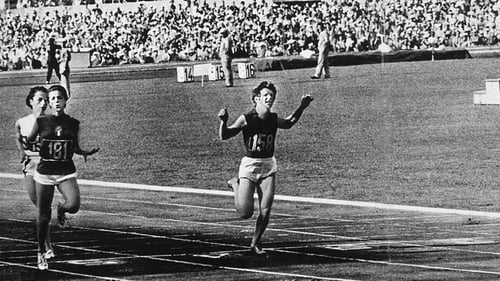
Himself
Events and athletes that characterized the 1960 Summer Olympics in Rome. From the absolute protagonist Wilma Rudolph, called the black gazelle, to Livio Berruti, the first white to win the 200 meters, to the deeds of Ethiopian marathon runner Abebe Bikila, who won the marathon racing barefoot.

Catholicism, from the Apostle Peter to Pope John XXIII.

From 1958 Brussels World’s Fair to the election of Pope John XXIII








